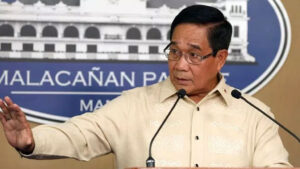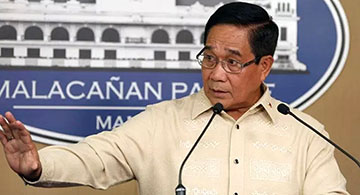The Edmonton Journal recently reported that the Alberta economy shed 14,000 full-time jobs in July, the second straight month that employment fell. It was “the largest decline in the country,” the Journal said. But Statistics Canada was quick to add that while the decrease indicated that the country’s labour force was “losing some steam,” the data should be “taken in context of Canada’s phenomenal labour market performance over the past 7 months.”
What do these numbers mean for Alberta’s labour market and what do these tell us about the province’s economy? Taking the red numbers “in context” is a fair premise, considering that since July 2018, employment in the country had risen by 1.9%. However, for those who lost their jobs, and for those who still struggle to find work, context offers very little consolation.
It is always a struggle to cope with things like unemployment. The struggle is all too real when one considers that life is structured so differently here compared to back home. We deal with the issues according to the norms of our adopted country, but we also recall lessons learned from our previous lives. In the end, we Filipinos fall back on our resilience and our capacity to bear hardship with a smile on our face and a deep faith.
Alberta is sailing through some rough seas at the moment. But if we are to believe the words of Premier Jason Kenney, then we should be hitting dry land sooner than later. Meanwhile, we just have to keep our heads down and plod through the muck, so to speak. Filipinos are known to grin and bear it all, and perhaps this is the best thing to do while the Alberta economy remains sluggish.
*****

In Manila, President Duterte’s national security adviser, Hermogenes Esperon, Jr., has sounded the alarm on renewed terrorist activities in the Philippines. He told the Philippine Senate at a hearing that “further intelligence sources have reported that due to the collapse of the Daesh in Syria and Iraq, terrorist fighters have been returning to their countries of origin to continue their reign of terror.”
Esperon pointed to supposed loopholes in the Human Security Act (HSA) which he said have held back Philippine security forces from fighting terrorism. He named six vulnerable sectors—social media, schools and madrasahs, religious leaders and scholars, overseas Filipino workers, persons in jails and prisons, and the communities—as sources of future terrorists.
Terrorism is indeed a serious problem that needs to be dealt with. And there is good reason to believe that a resurgence in extremist terrorism, which is what Esperon was talking about, is a very likely possibility. But we must also point out that ignoring legal procedures and, more importantly, moral boundaries, in the pursuit of a comprehensive anti-terrorism program would only produce results as disastrous as the tokhang controversy.
Then again, anti-terrorism has always been a problem not only for the Philippines but for other countries as well (including Canada and the US). The first question for governments is always the hardest to answer: Where do we draw the line between security and public safety?


